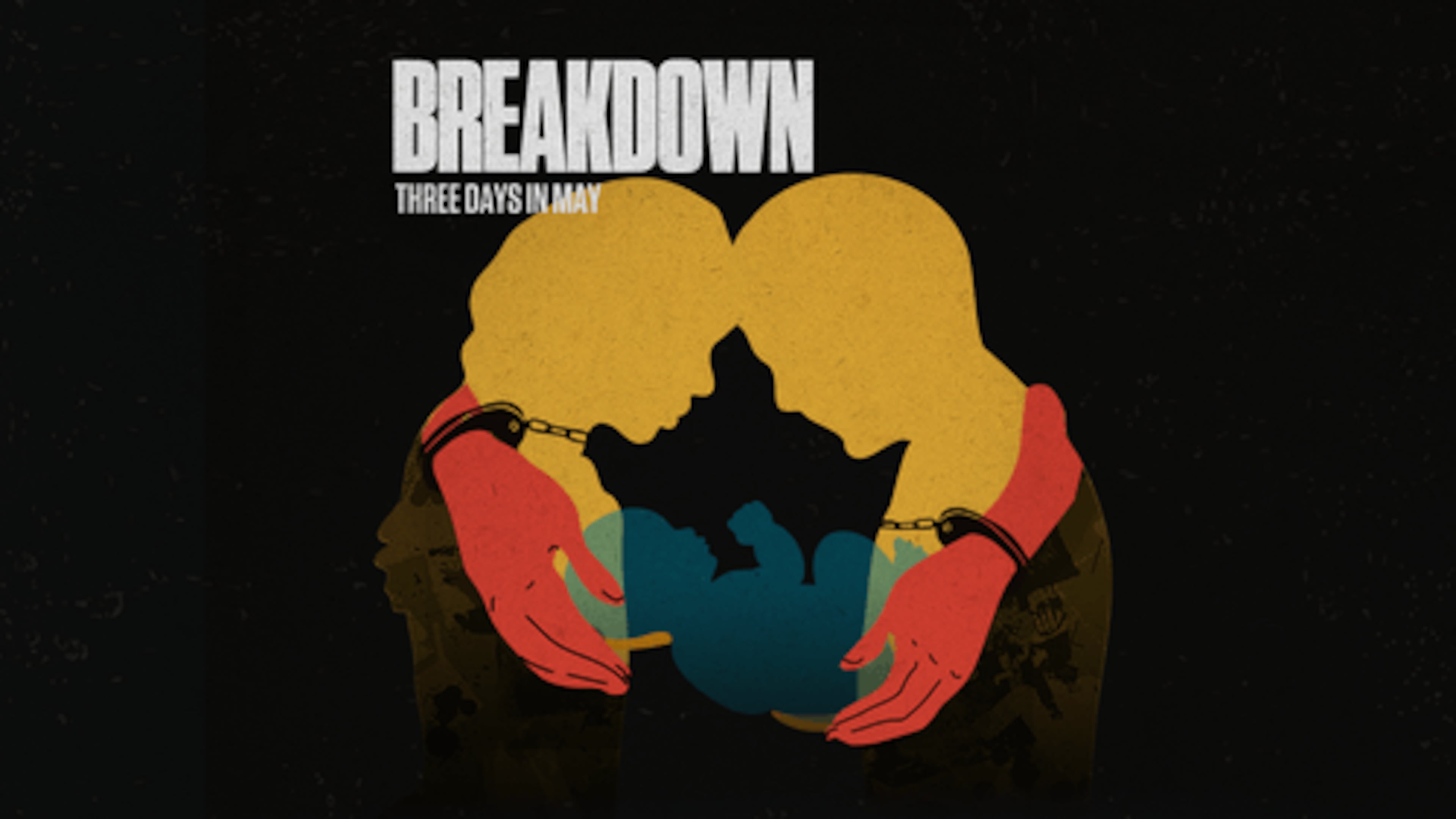AJC’s true crime podcast returns with mystery: Why did baby McKenzy die?

It’s a joyous time. The new baby finally arrives.
She has a full head of hair. She already seems to recognize her dad’s voice. Mom is recovering well.
Two days later, the new parents bring the infant home to settle into their new life as a family of three.
But what happens when all of that changes in an instant? When the worst thing imaginable happens?
That’s where a young military couple, Ashley and Albert Debelbot, find themselves in Columbus in May 2008.
The 11th season of The Atlanta Journal-Constitution’s true crime podcast, Breakdown, which launches Monday, tells the story of the Debelbots and their newborn daughter, McKenzy.
An intimate story told with investigative depth, “Three Days in May” traces how deep-rooted biases in the criminal justice system lead to devastating consequences after an unfathomable tragedy, the death of a child.
It’s also a story about parenthood itself — its fears and anxieties — and the storm of judgment that crashes down when things go terribly wrong.
Co-hosts Bill Rankin and Tamar Hallerman spent months pouring through thousands of pages of court records, talked to legal and medical experts and traveled the country to conduct interviews. The result is an unforgettable story of grief, justice and the hope of redemption.
Here, Hallerman, a senior reporter at the AJC, answers some questions about the new season:
Q: What was it about at this case that drew you in?
A: When we first started speaking to attorneys who had worked on this case, we were told the legal twists were so eye-popping “you almost couldn’t make it up.” But when Bill and I began looking deeper, what really struck us was the intimate family story at the center of the case and the grace and resilience of Albert and Ashley as they lived through every parent’s worst nightmare.
Q: What surprised you the most as you worked through the reporting?
A: For me, it was how procedural decisions made before the trial even began drastically shaped the fate of the Debelbots. And how inferences made by authority figures early in the investigation continued to follow the couple around for years, even as new evidence was presented.
Q: What was the biggest challenge covering this story?
A: Bill and I spent months trying to track down audio from the Debelbots’ trial. As you can imagine that’s pretty critical for a podcast. In past seasons of Breakdown we’ve been able to either record testimony ourselves or persuade the court reporter to allow us access to their backup audio recordings. This time we faced roadblock after roadblock. We did have the transcripts, and as you’ll see in upcoming episodes we found a way to get across the drama in the courtroom.
Q: The production was a different approach from the most recent season involving the Trump prosecution. What was it like to work on a narrative story versus one that was unfolding in real time?
A: It was a nice change of pace getting to tell a story with a beginning, a middle and an end that was known to us before we began writing. It allowed us to be very intentional with when and how we introduced different players and the most important facts of the case. When a prosecution is unfolding in real time, you sometimes don’t know what will ultimately be the most important arguments.
Q: What do you want people to know about Ashley and Albert Debelbot?
A: It would be understandable for people who went through the trauma they had to never want to talk to a journalist. But they were both incredibly open, vulnerable and resolute in wanting to share their story so that the mistakes that were made will not happen again.
Q: What do you think people should know about the Georgia criminal justice system?
A: There are shocking aspects of the Debelbots’ case that are extraordinary and others … that are very, very common for defendants in felony cases. For example, you’ll see that Ashley and Albert sit in jail for more than a year before they’re formally charged with a crime. That’s very common given backlogs in the criminal justice system.
Breakdown is an award-winning podcast from The AJC that debuted in 2015 to explore breakdowns in the criminal justice system.
You can download the Breakdown podcast from Apple Podcasts, Spotify or your favorite podcasting platform.



